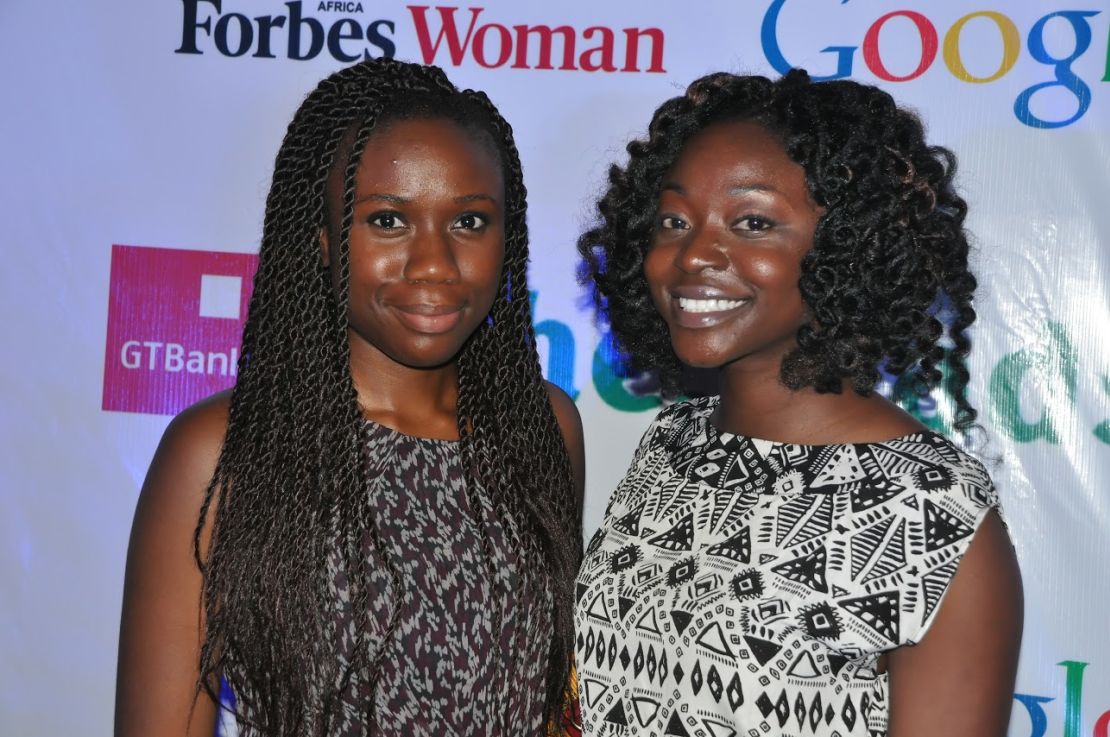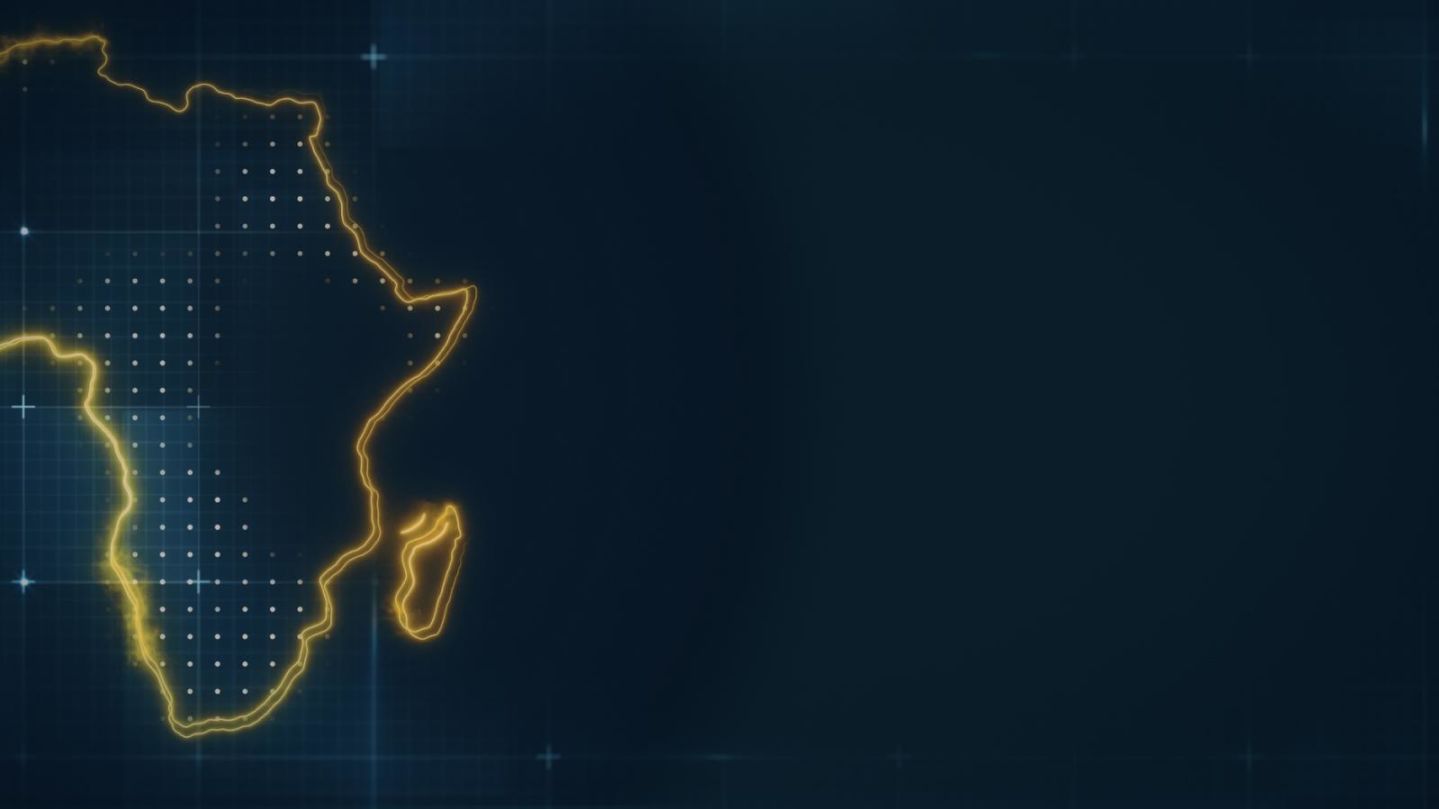Story highlights
She Leads Africa offers backing and financing to female-led African startups
Its Entrepreneur Showcase project is a competition for rising business enterprises
In the male-dominated world of startups and entrepreneurship, two young women are showing initiative to give the next generation of African female business leaders a fighting chance.
She Leads Africa, a platform founded by Yasmin Belo-Osagie and Afua Osei offering knowledge and support to female entrepreneurs, has launched a pitch competition aimed at startups operating on the continent and diaspora.
Pitching business dreams
Go through the gallery to find out more about the finalists.
Following the success of last year’s inaugural edition, the 2015 Entrepreneur Showcase is now down to its six finalists, who will pitch their businesses in front of some of Africa’s leading executives.
Sub-Saharan Africa has the highest rate of female entrepreneurship across the world at 27%, but most of these businesses tend to have no employees and low growth expectations: they are, for the most part, one-woman enterprises oriented to consumers.
Furthermore, startup competitions or accelerators in Africa never attract more than 30% female participation. While this is in line with Europe and the U.S., Belo-Osagie and Osei believe that Africa could do better and become a pioneer in how to develop diverse and inclusive ecosystems.
We spoke with them to find out more.

CNN: What’s the most interesting detail about the 380 entries you received?
She Leads Africa: That 70% of the entrepreneurs had never applied to a pitch competition or startup program before. Even with the dramatic increase of accelerators and programs across the continent, traditional programs still aren’t reaching female entrepreneurs with less than 20-30% participation rates.
CNN: What question or request do you receive more frequently from businesses that contact you?
SLA: Mentorship and finance. There is a real scarcity of authentic mentorship for young people interested in business, and for young women it can be exceptionally challenging due to cultural barriers and a business community that is often very closed off and exclusive.
Regarding finance, accounting and funding options, there is limited education to young entrepreneurs in how to set up a positive banking track record, so many of them don’t know the fundamentals of finance. Without this basic understanding it can be very challenging for anyone to build sustainable businesses.
CNN: What is your outlook for female entrepreneurship in Africa for the near future?
SLA: We are cautiously optimistic. With the “Africa Rising” narrative, the continent is attracting more foreign direct investment than ever. Though imperfect, progress is being made across multiple fronts on the continent: infrastructure, education, healthcare.
Drawing inspiration
CNN: Can you name a “role model” entrepreneur that you know or have worked with that young people could look up to?SLA: Taffi Woolward and Cherae Robinson, finalists from our 2014 cohort. Taffi is the co-founder of Thando’s Shoes - a startup that produces low cost high quality foldable ballet flats. Cherae is the founder of Tastemakers Africa a mobile platform that allows users to identify, book and/or prepay for cool travel experiences on the continent.
These indicators suggest that it will be easier for African entrepreneurs to attract capital, find talent and scale their businesses.
However we remain cautious because without deliberate and decisive actions, this inflow of capital and interest will continue to benefit the status quo only: traditional entrepreneurs operating in safe business models.
The new crop of accelerators and incubators designed to boost high growth entrepreneurs on the continent are dominated by men.
Male entrepreneurs are still being funded at a much higher rate than their female counterparts. Serious intervention is needed to change this.
CNN: If you could just give just one piece of advice to prospective female entrepreneurs, what would it be?
Afua Osei: If you’re interested in starting up your own company, spend time understanding who your customers are and why they should care about you.
Even if you’re building a new product, your customers are currently finding a way to manage without so take the time to learn how you can change your customers current way of doing things towards your new solution.
Yasmin Belo-Osagie: Move with controlled speed. Being an entrepreneur is a little like being a Formula 1 driver. They’re in cars hurtling at crazy speeds. However even at this pace they retain some level of control and caution. You need to take the same approach with being an entrepreneur. Its important to move quickly – don’t spend months and months building and revising a business plan that will probably change within your first year in business. That said, it’s important to retain some level of caution and control to make sure that you are using your resources effectively.
The 2015 Entrepreneur Showcase is to be held on September 26 in Lagos, Nigeria.












